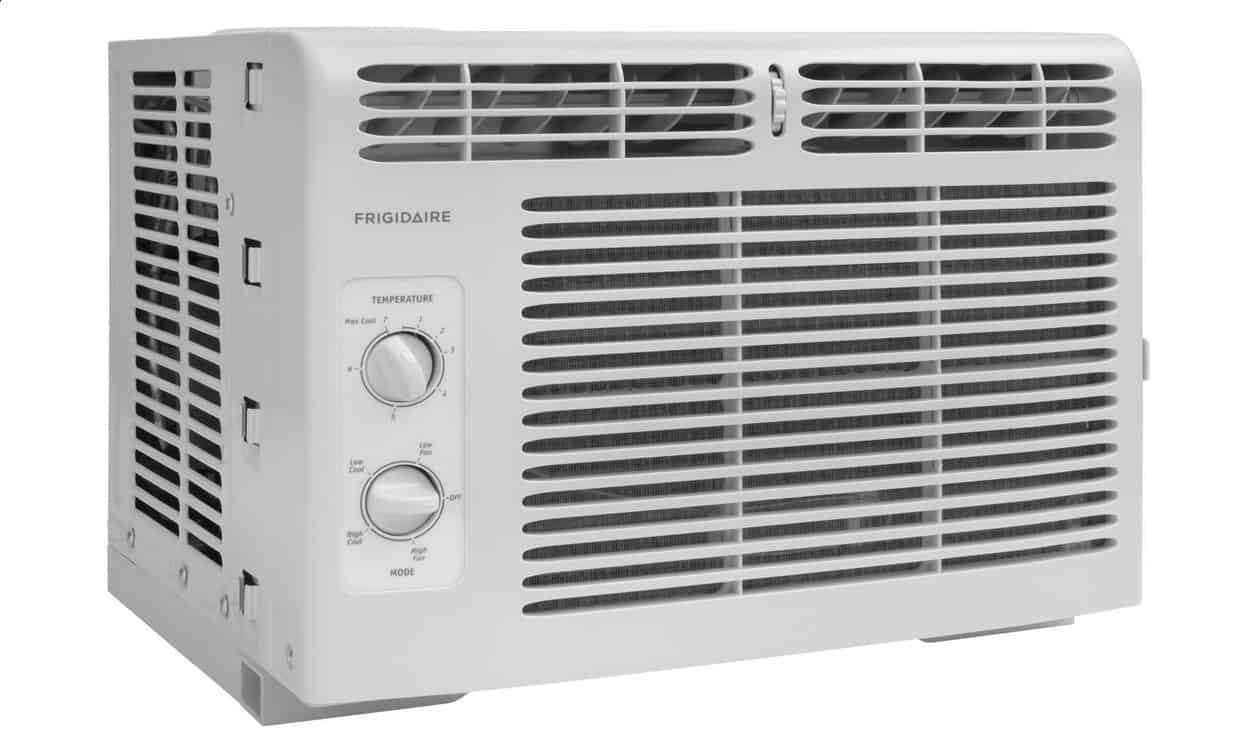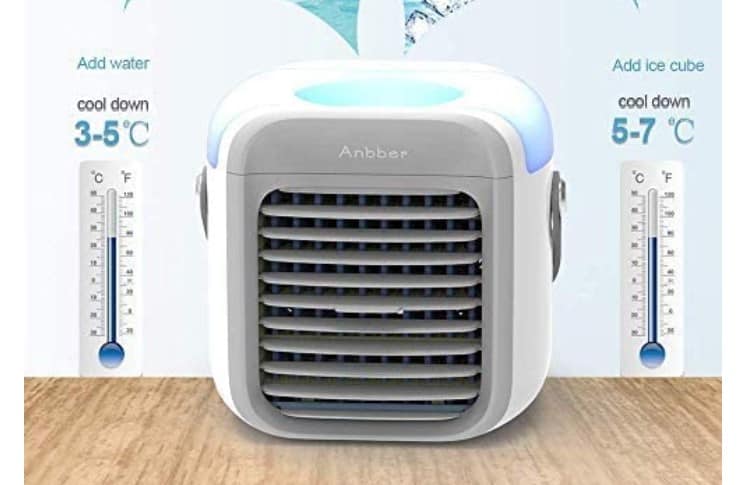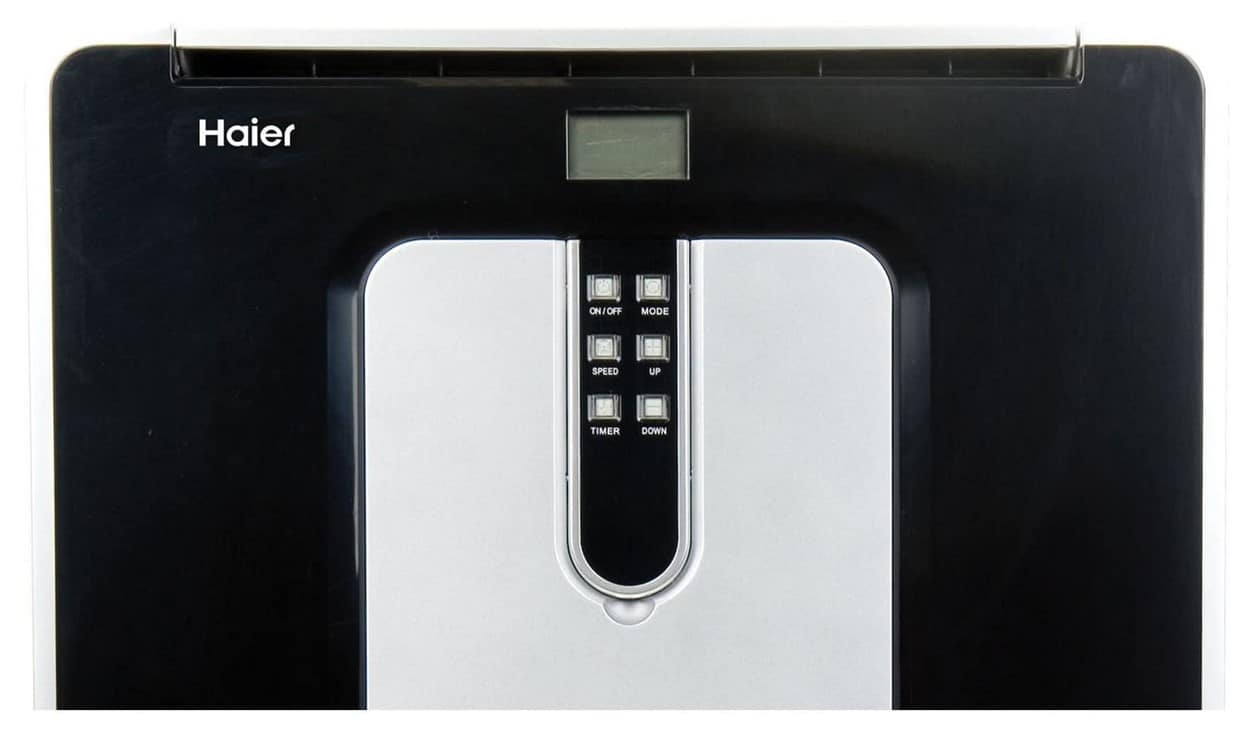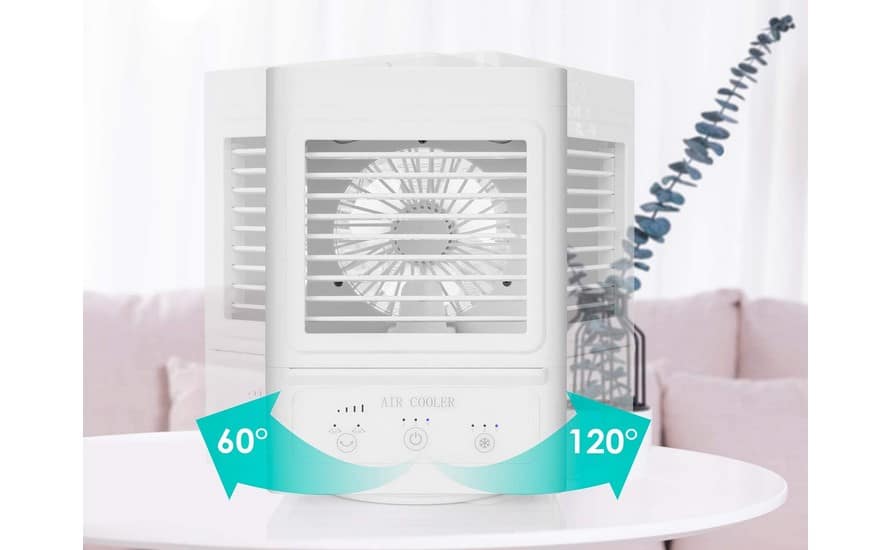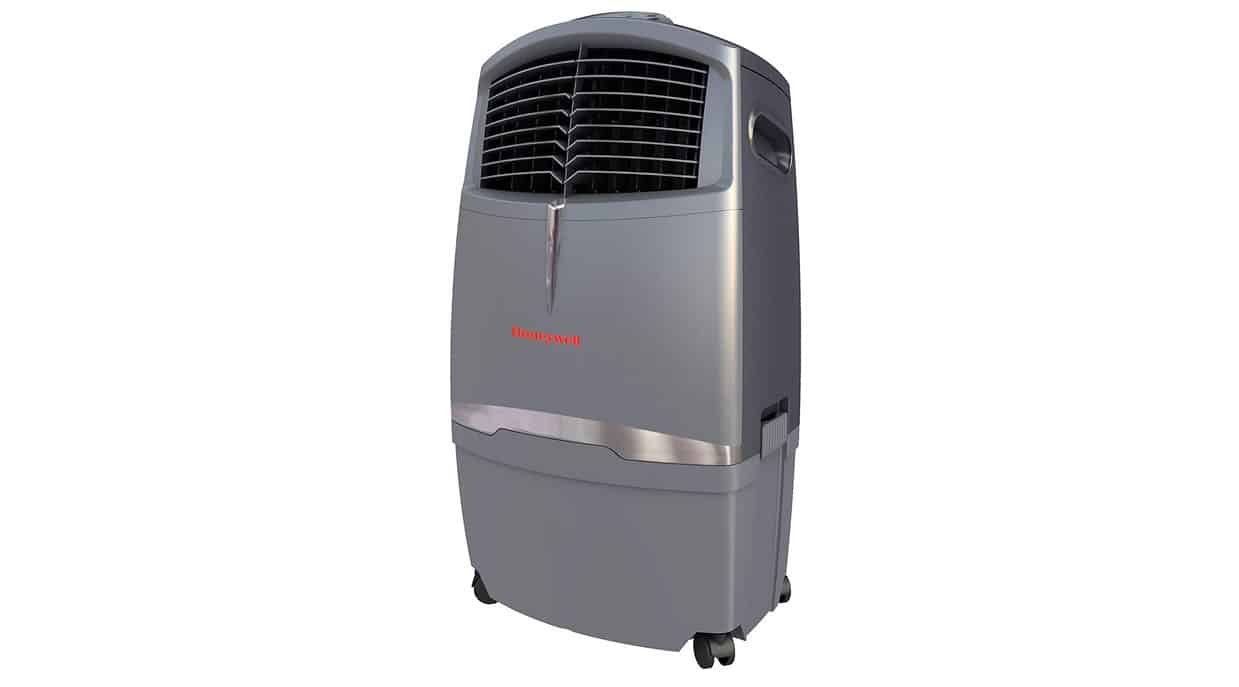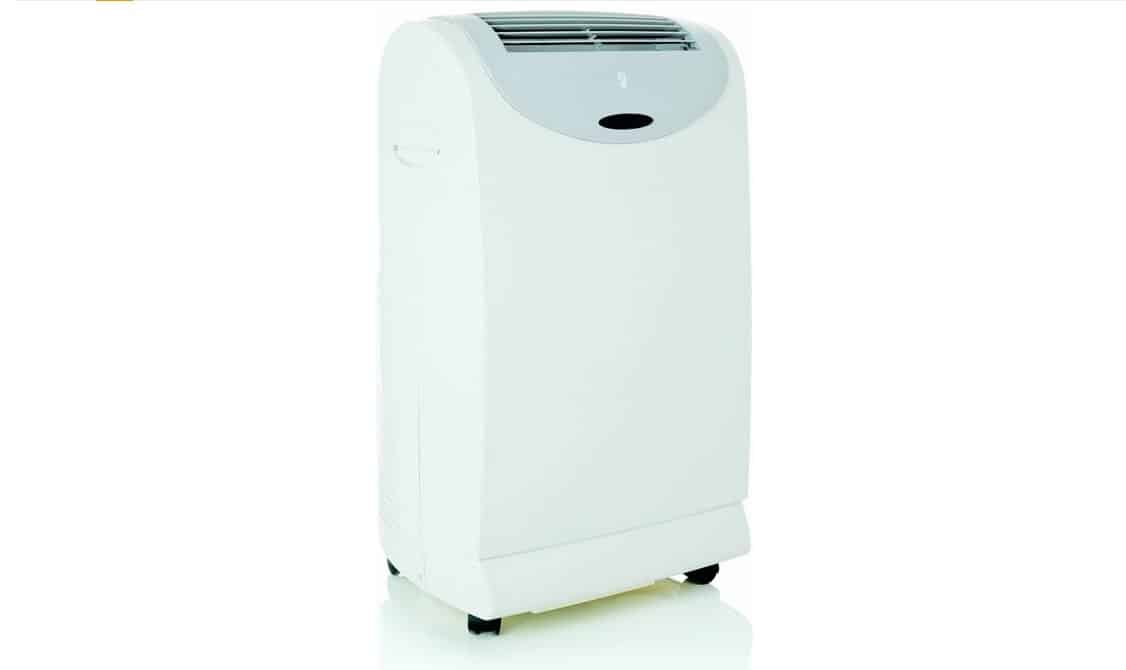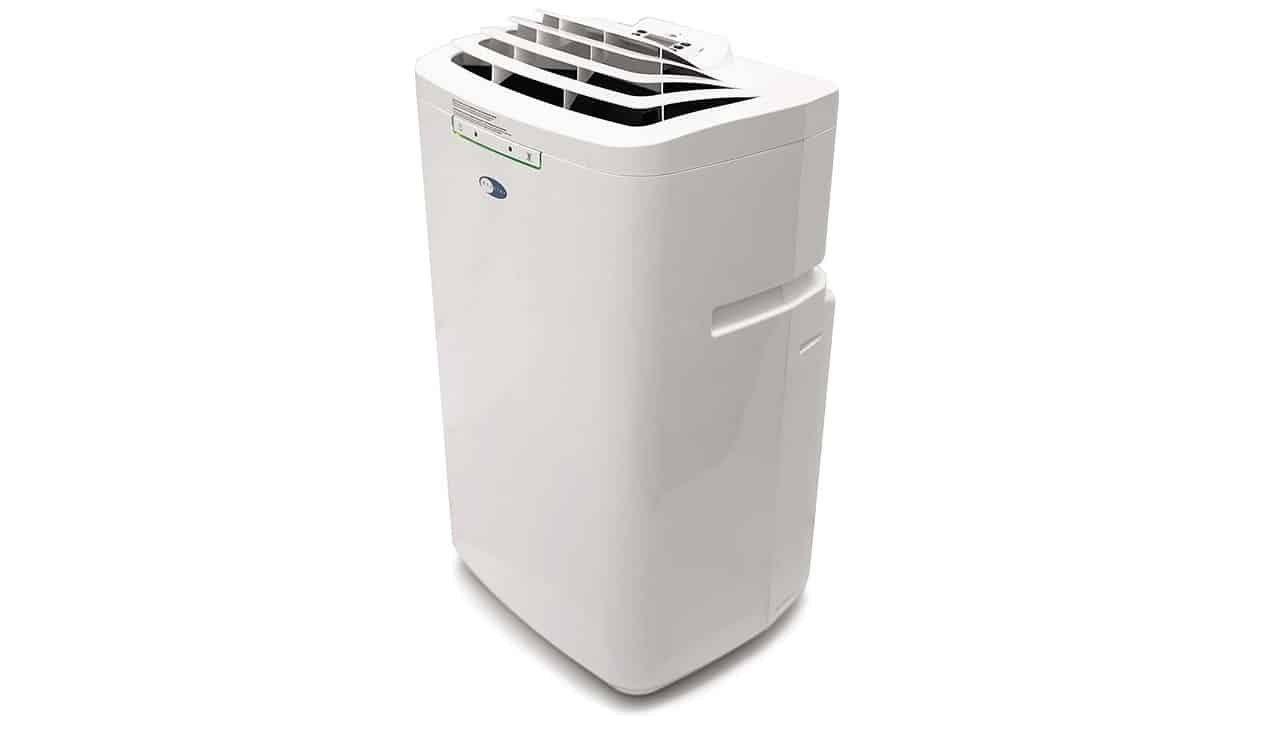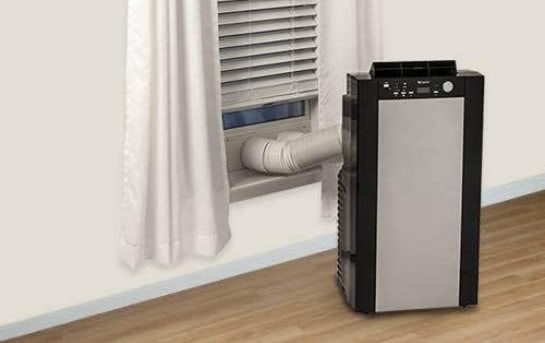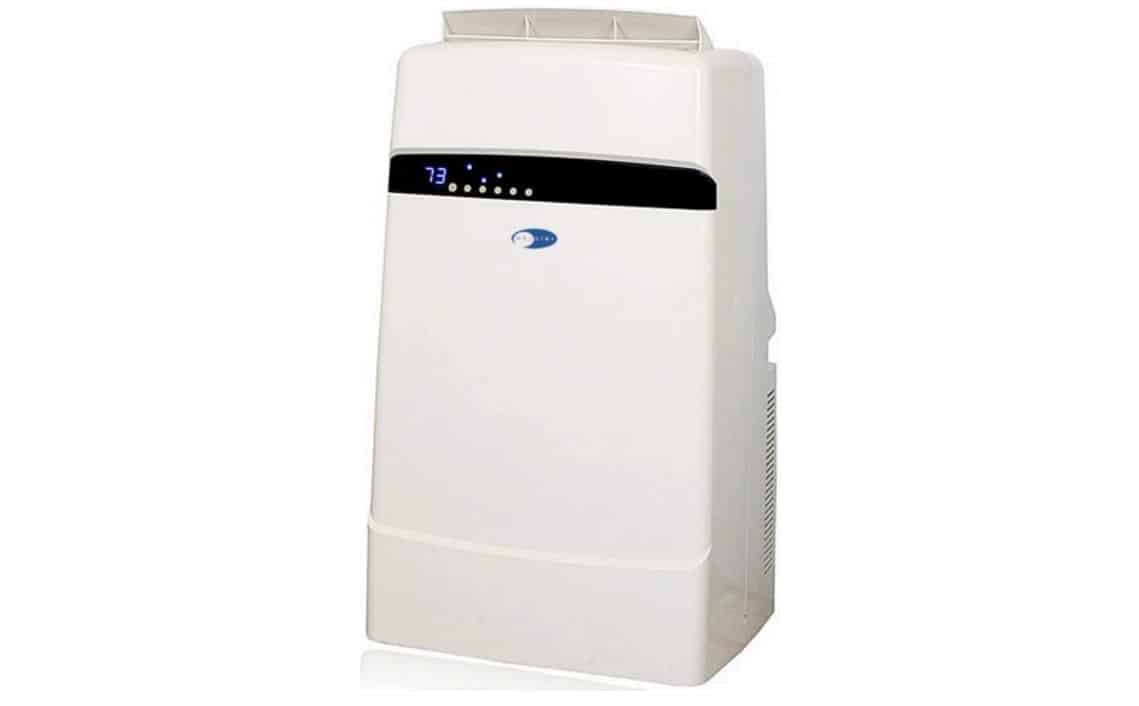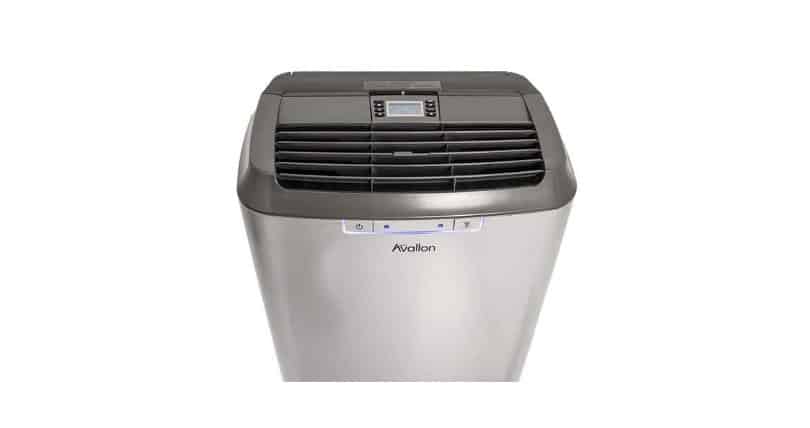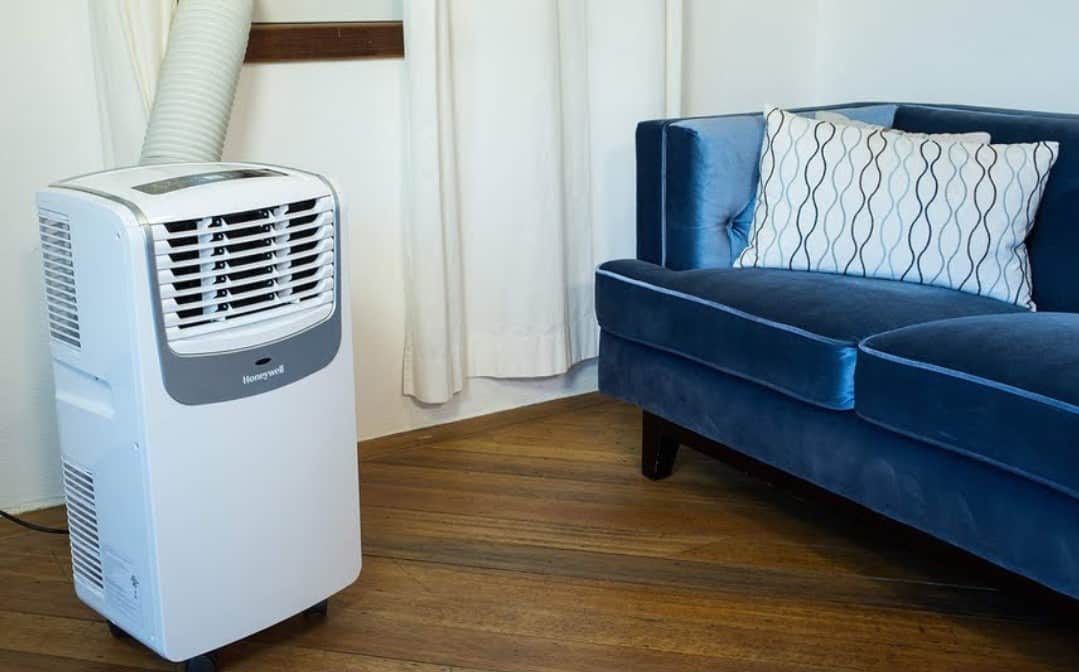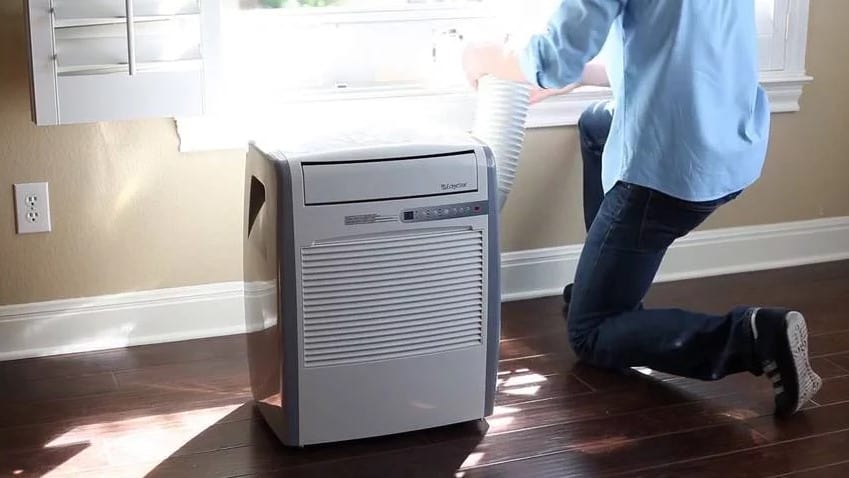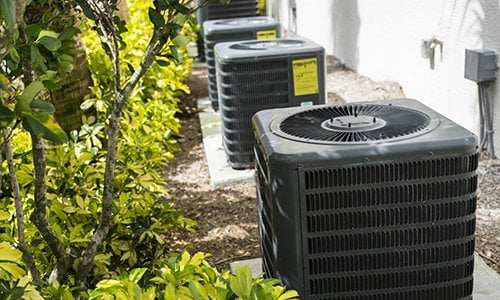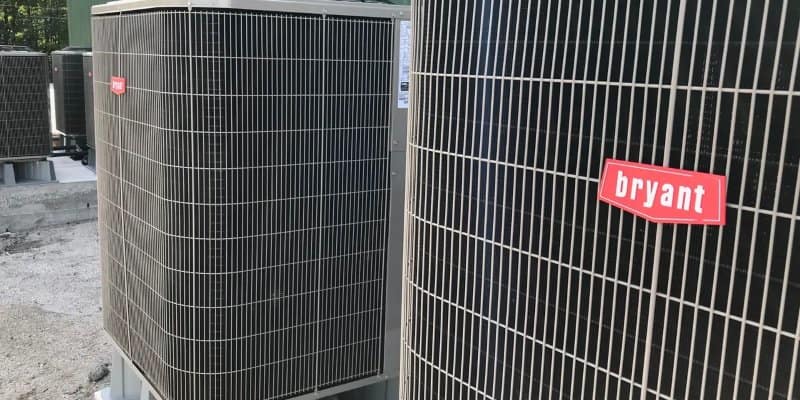With the many options on the market for the best air conditioners, you want to make sure you get the highest quality for your budget. And the right one for your setup, which includes the top-rated air conditioners for sliding windows. As a result, you’ll want to look at many models and designs to find the right one. Naturally, this often leads to the debate on whether you want aluminum vs copper coils for an air conditioner. And if you’re replacing an old unit, you should also find out if you currently have a 4-ton vs 5-ton air conditioner.
KEY TAKEAWAYS:
- Copper coils are stronger and more durable than aluminum, but they can be costly.
- Aluminum coils feature a low cost but at the expense of lower heat transferability.
- Some HVAC professionals prefer aluminum, while others choose copper coils.
Differences Between Copper and Aluminum Air Conditioning Coils
Both copper and aluminum coils have their own respective benefits, but experts disagree on which materials are better. It’s because window A/C unit maintenance will be even more crucial depending on the type of coils you have. This division relies on benefits in cost, heat transferability, strength, and ease of maintenance. In addition, you may want to learn about the differences between an air conditioner with high cool vs low cool.
Insider Tip
Aluminum coils cost less than copper coils and do not develop formicary corrosion.
Cost
Copper typically costs more than aluminum in any form. However, copper coils have a significantly higher price tag than aluminum ones because they require more force to shape and mold. Specific brands might have better prices, however, such as the Trane vs Bryant A/Cs.
Manufacturers use more metal to make copper coils than aluminum ones. As a result, some brands have made thinner copper coils to compete with the lower-cost aluminum ones, resulting in a potential decrease in quality.
Aluminum coils are cheaper than copper coils, making them more affordable for the average person. They also take less effort to form, which increases design efficiency.
Heat Transfer Process
Copper’s low specific heat allows it to warm up quickly. As a result, copper can transfer heat better than aluminum. This decreased specific heat increases the efficiency of the air conditioner and the energy needed. Yet, if you include a ceiling fan with your air conditioner, that can improve the overall cooling effect without overworking the A/C.
Aluminum takes longer to heat, so you will notice that your AC takes longer to cool your house because of this lower transfer capability. Also, because the unit will retain that heat longer, it takes more time for the coils to cool longer after use.
Maintenance
Aluminum requires welding to repair the coils, meaning that you must bring them into a service center for repair. However, some HVAC professionals have invested in trucks with the necessary equipment to repair coils on the spot.
Aluminum remains more easily damaged, even with improvements in technology. Therefore, you may need more frequent repairs if your unit does not undergo regular maintenance.
Companies build aluminum coils with anti-corrosion coating in protective boxes or a heavy-duty cabinet to combat this frequency, unlike their copper counterparts. However, you won’t notice formicary corrosion on each air conditioning unit.
Meanwhile, copper coils are stronger and more durable, so they don’t require as many repairs. They can also be more easily repaired on-site. Unfortunately, copper is susceptible to formicary corrosion, which develops tiny holes in the coils. Experts in the AC field state that formicary corrosion can be one of the most expensive repairs.
Corrodibility
Aluminum is more susceptible to oxidation, also known as rust, than copper, so aluminum coils will develop rust faster than copper coils. However, aluminum has a natural resistance to oxidation under the initial layer. Once one layer forms, the metal won’t continue to oxidize.
Copper coils take longer and more exposure to develop oxidation. After this corrosion starts, the copper will continue rusting until all metal is consumed unless it is regularly maintained or serviced by repair specialists.
Warning
Aluminum breaks easier, so you should schedule maintenance with an HVAC professional for proper cleaning.
F.A.Q.S
What is a Gold Fin condenser?
A gold fin condenser has gold nano-coating that protects the coils from external factors, such as the accumulation of water, acids, and salts.
What does ACR stand for in HVAC?
ACR stands for air conditioning and refrigeration.
How long do aluminum AC coils last?
AC coils should last for about 10-15 years with proper maintenance and cleaning.
STAT: Prior to 1980, only around 20% of residential structures had installed air conditioning. (source)
REFERENCES:
- https://aztilac.com/copper-condenser-vs-aluminium-condenser-which-is-better/
- https://leesair.com/aluminum-vs-copper-hvac-coils/
- https://www.americancoolingandheating.com/2013/05/09/cooling-and-heating-tips/aluminum-condensing-coils-vs-copper-condensing-coils-advise-from-phoenix-ac-installation-prosr
- https://www.logan-inc.com/blog/article/aluminum-coils-vs-copper-coils-your-hvac-system
- https://rahnindustries.com/2021/10/15/aluminum-tube-vs-copper-tube-coils/

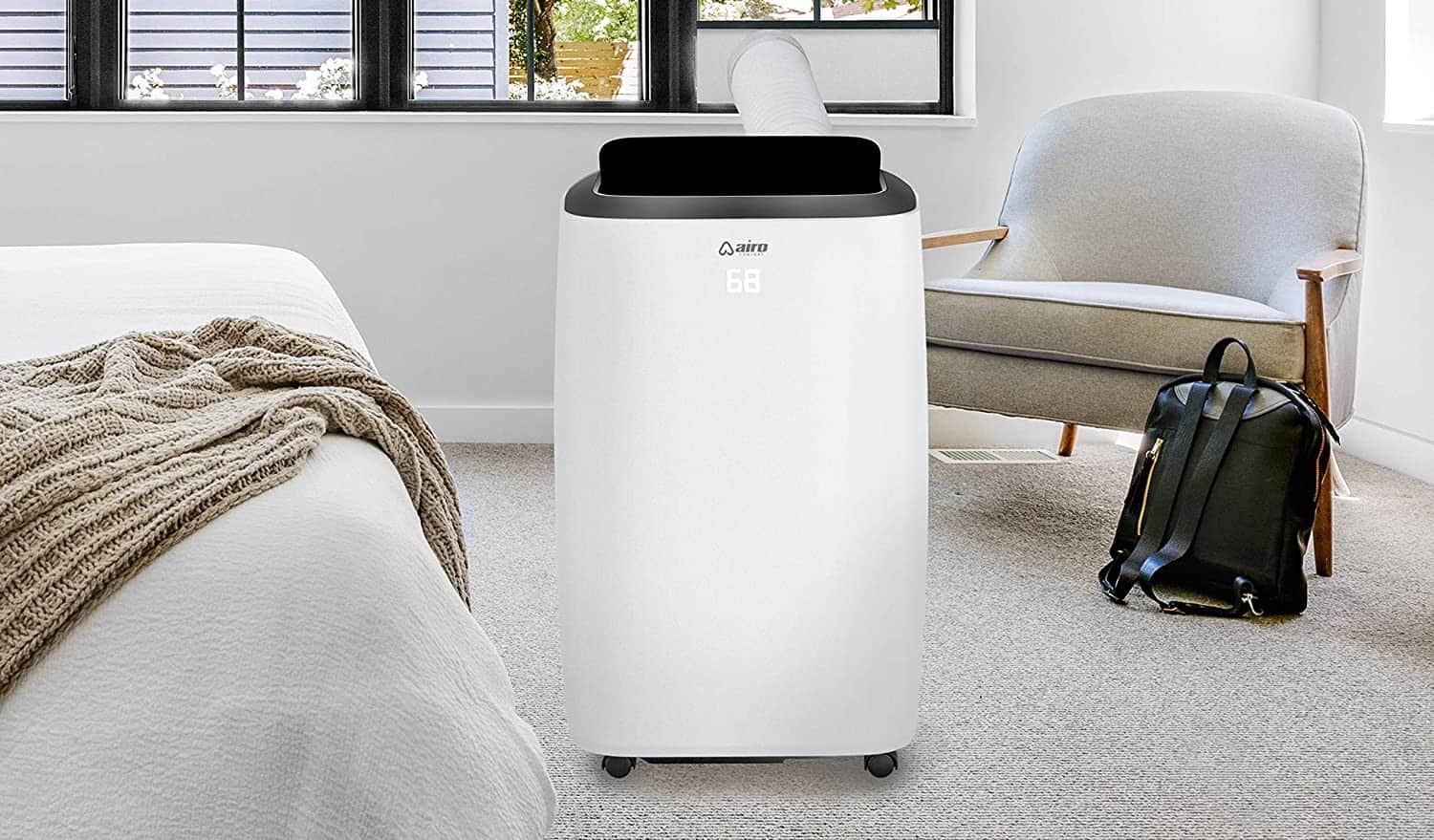













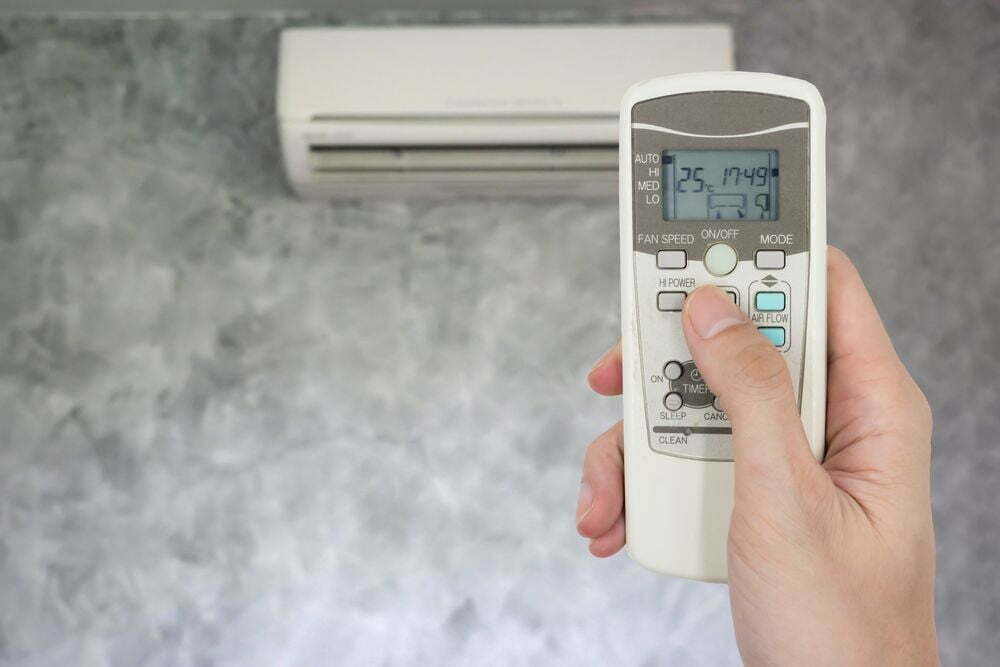
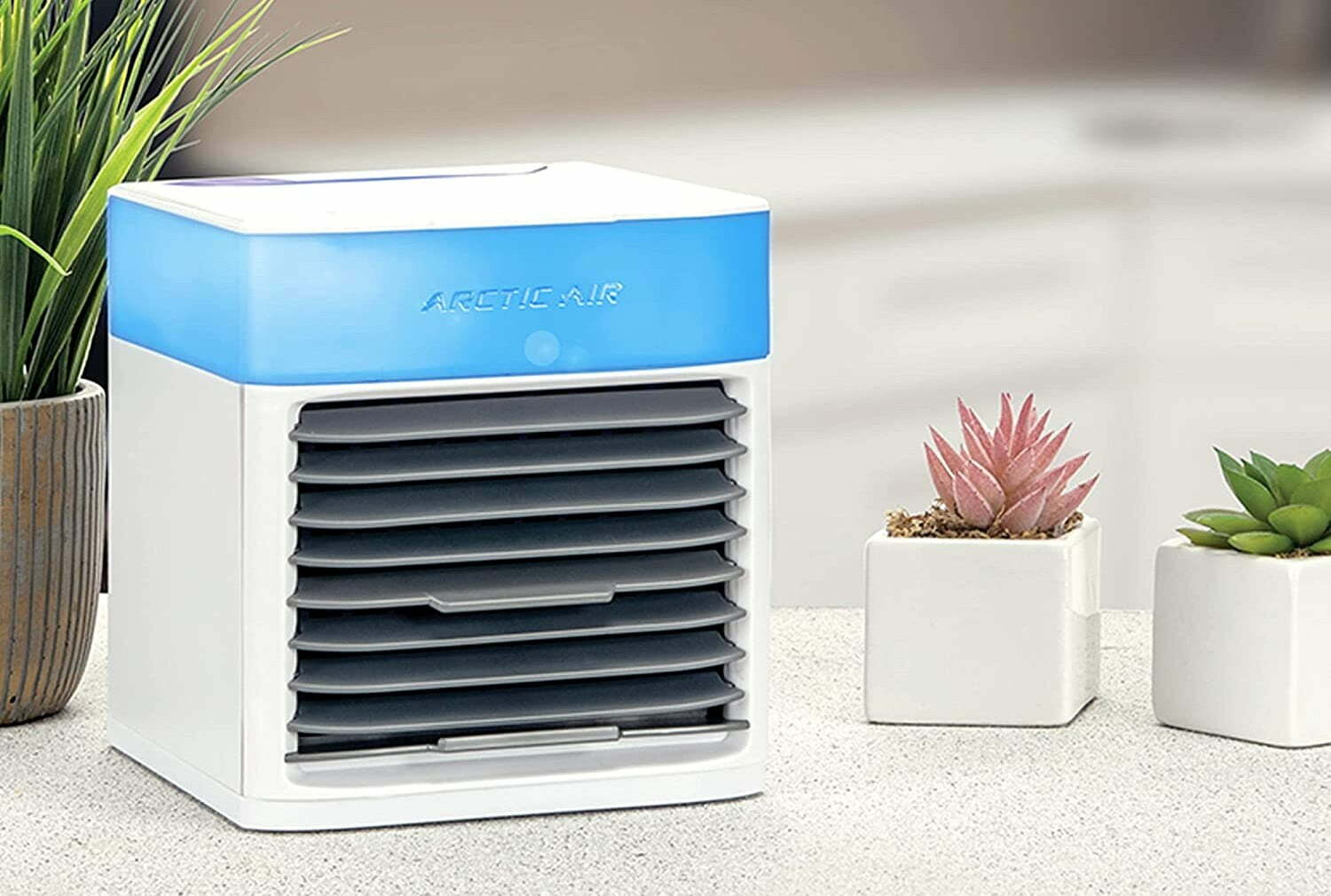
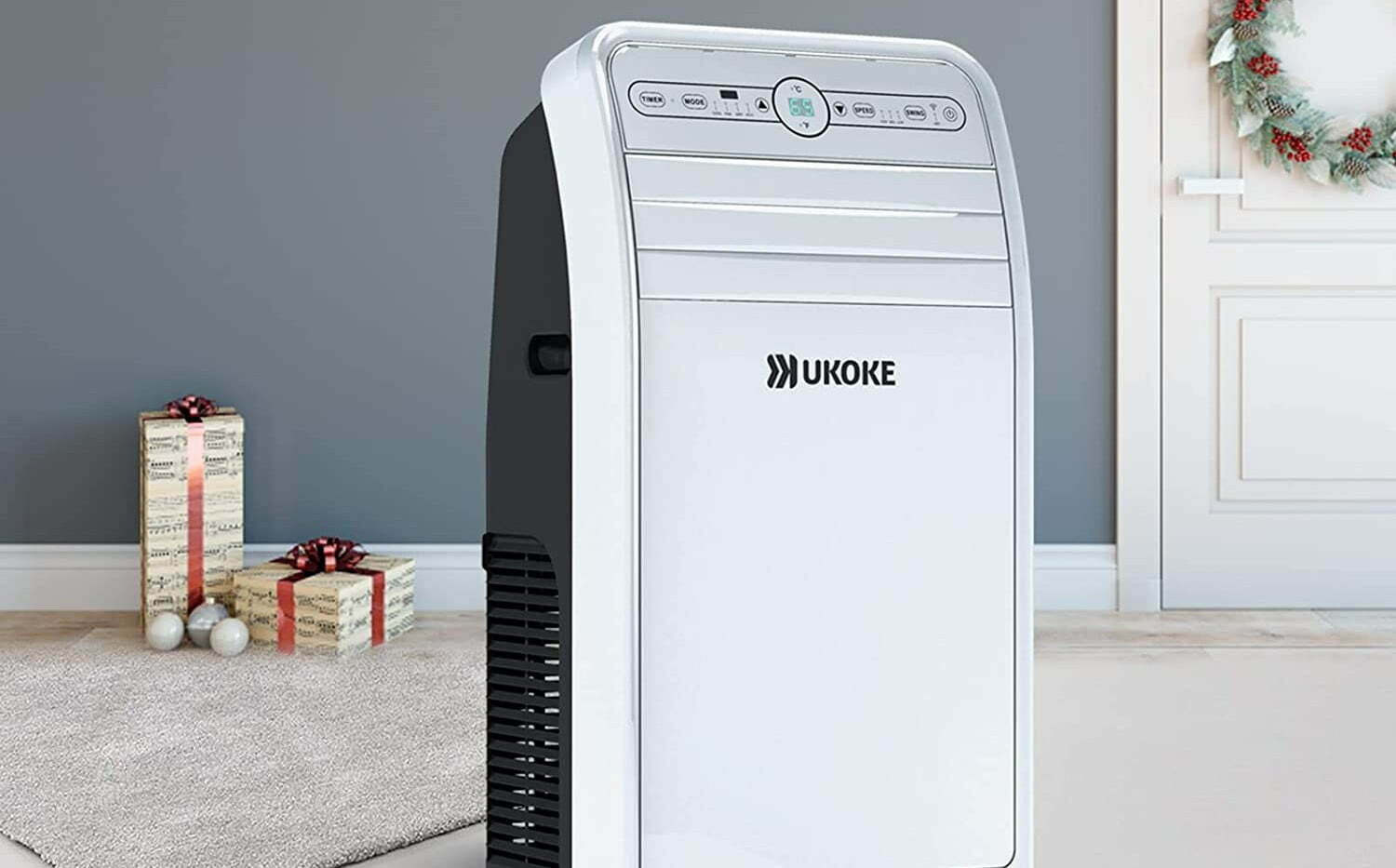
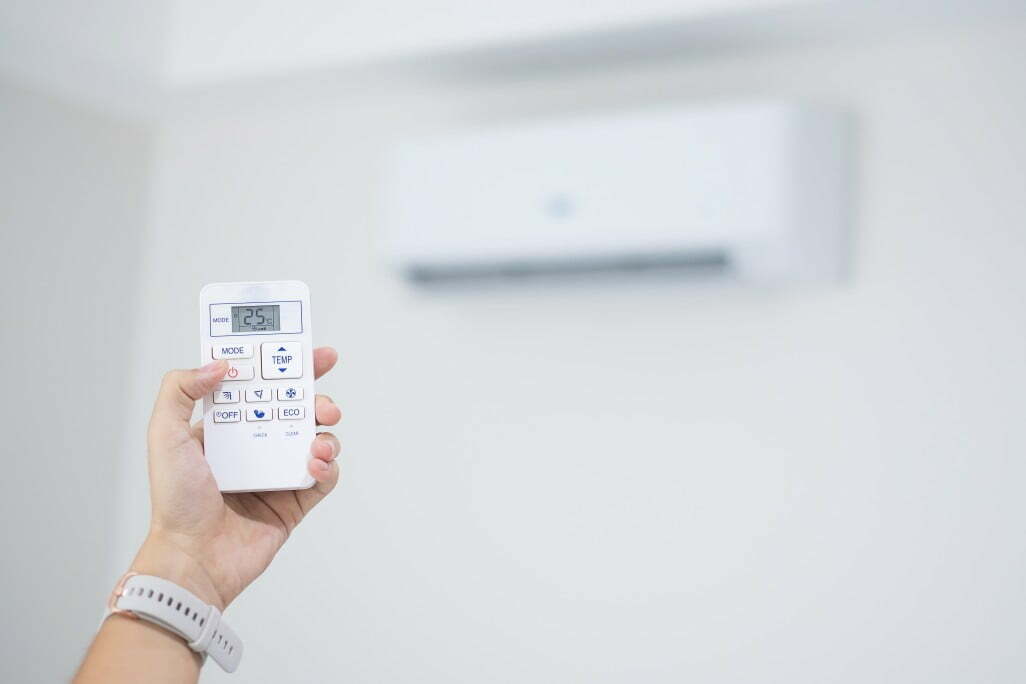

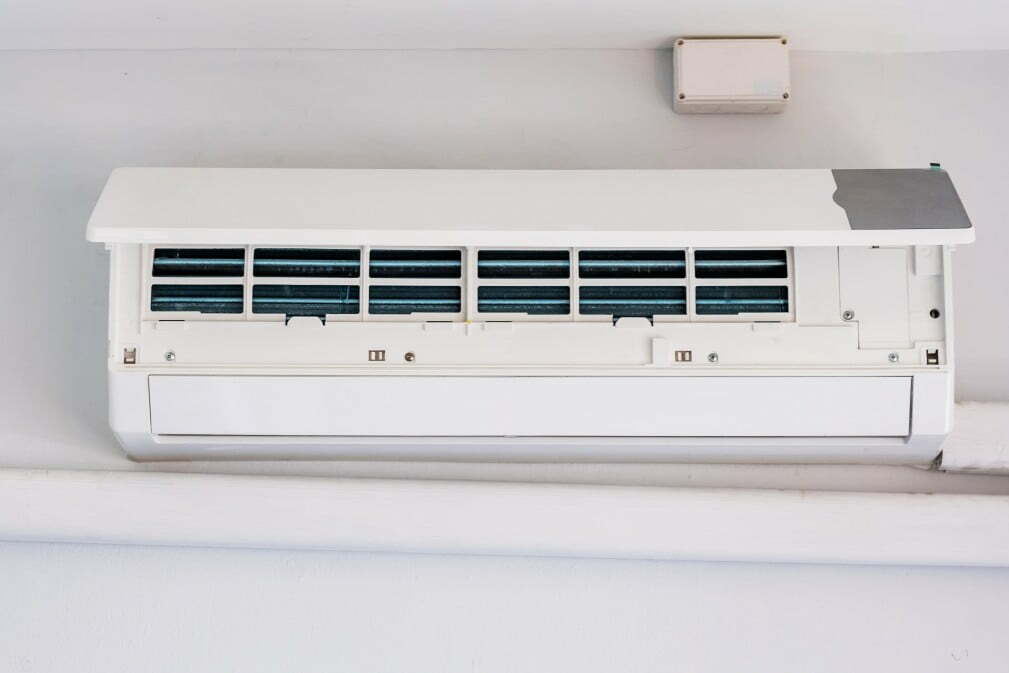
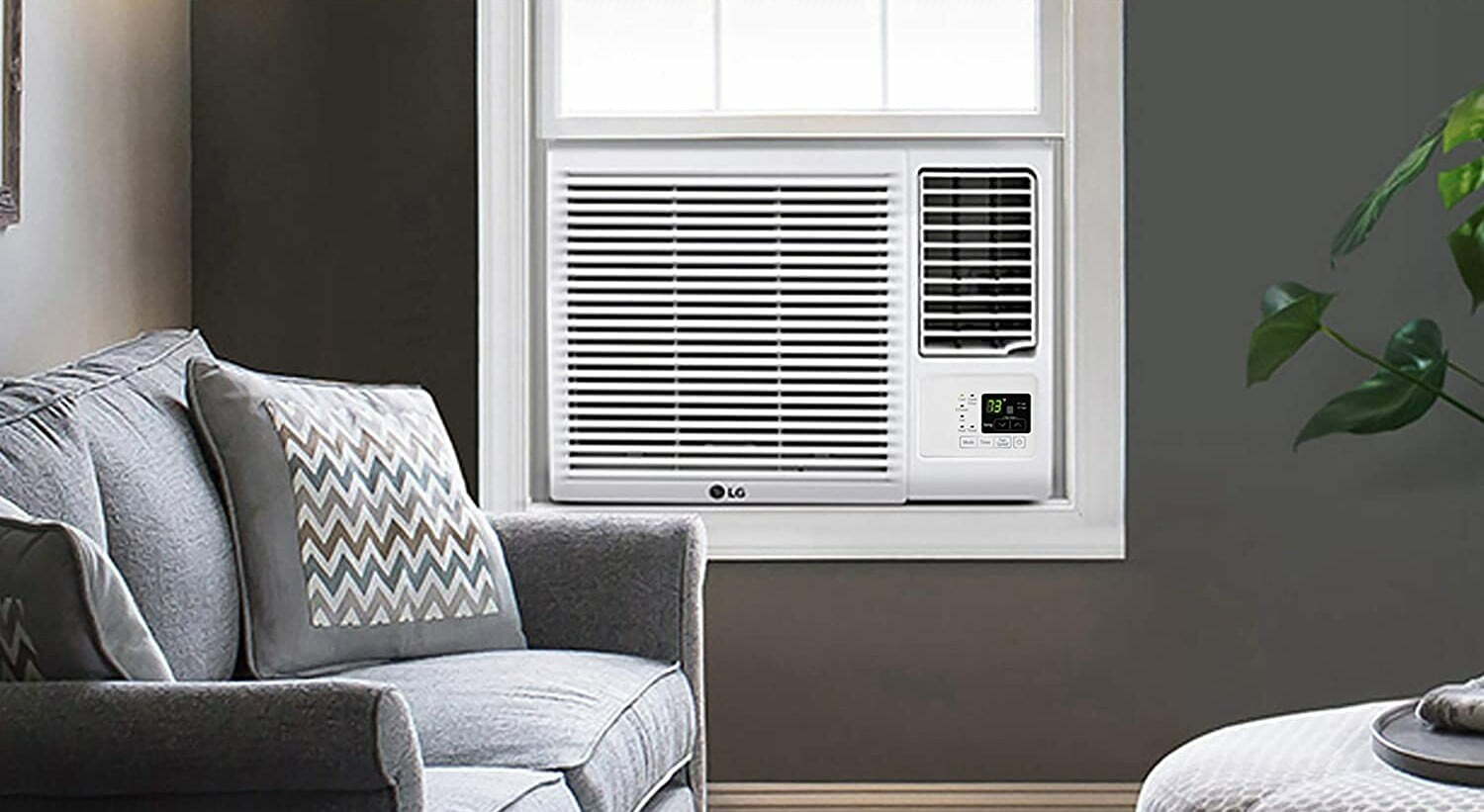
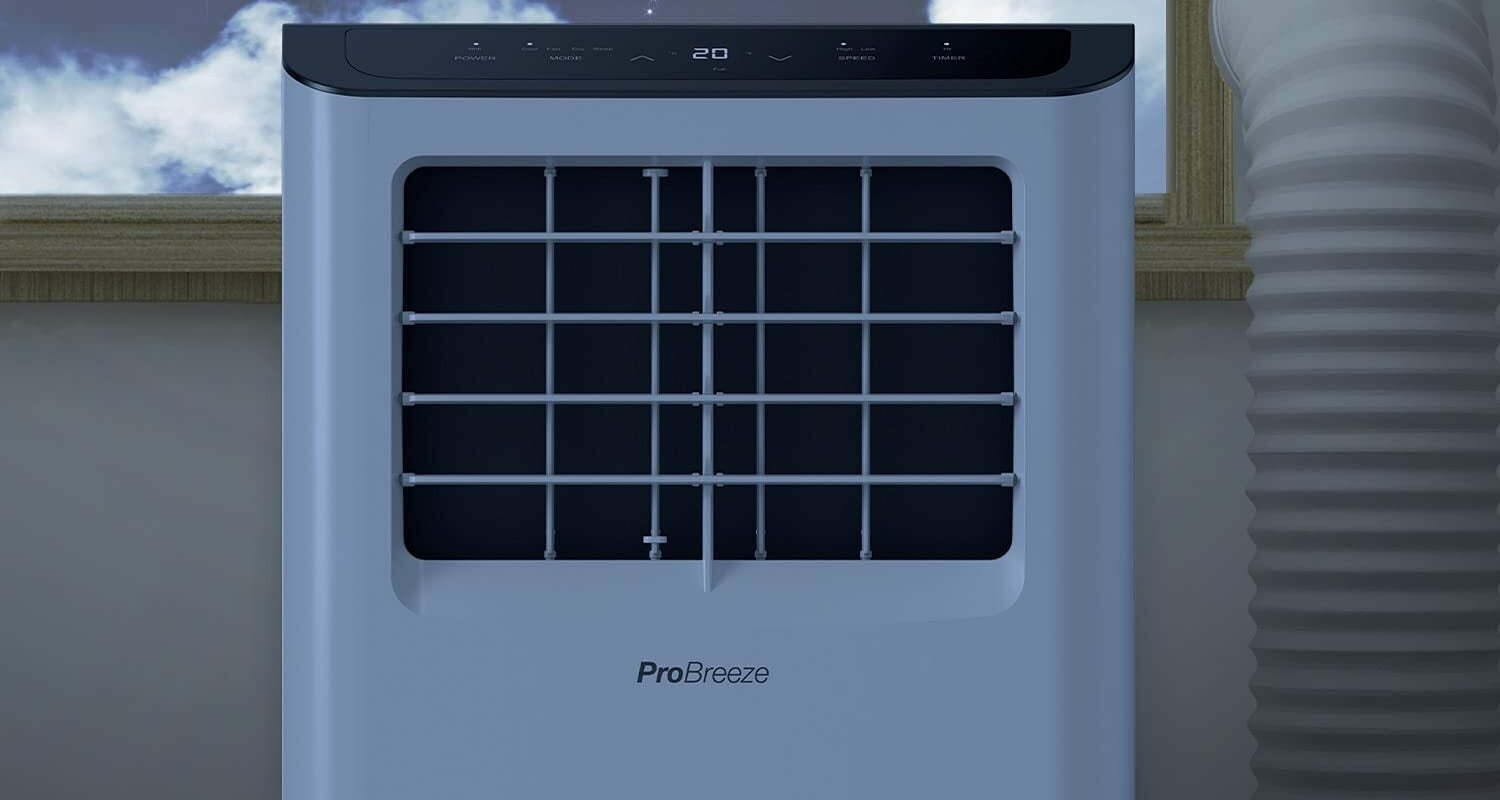

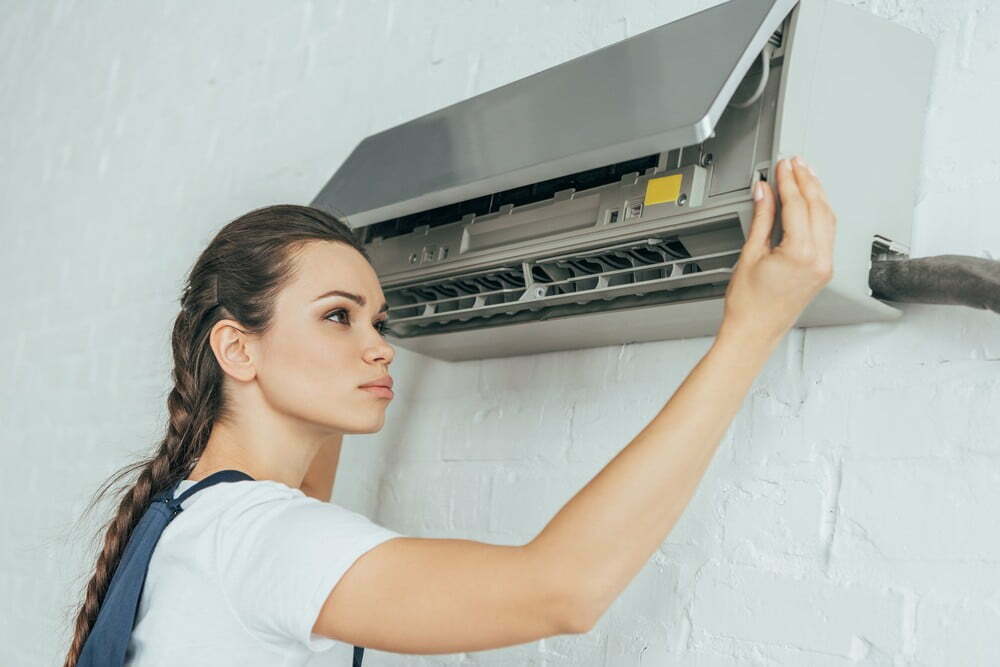
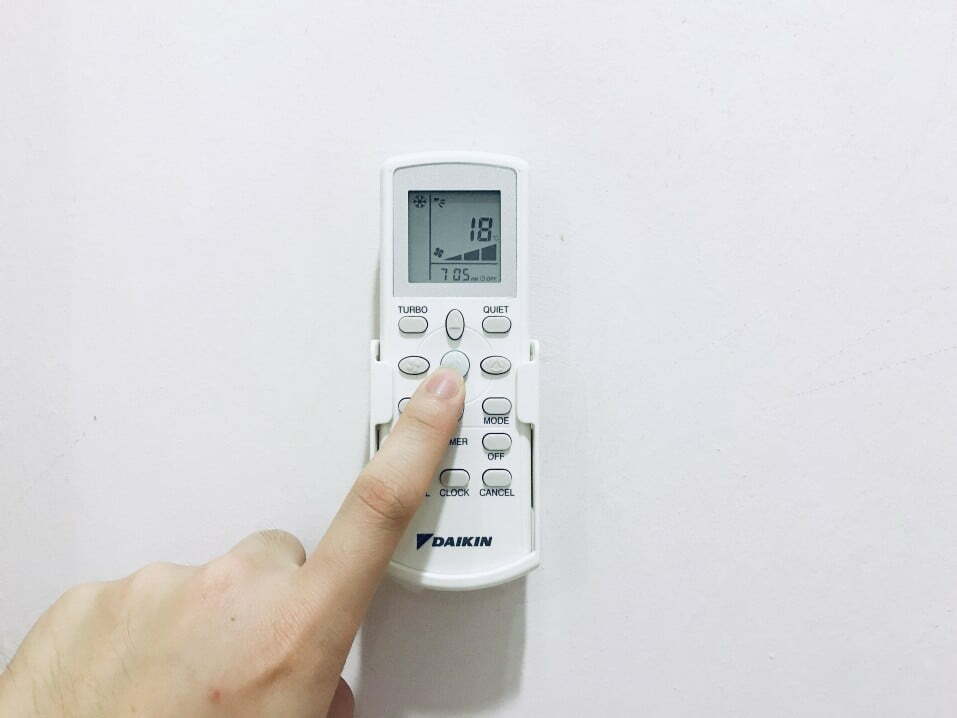
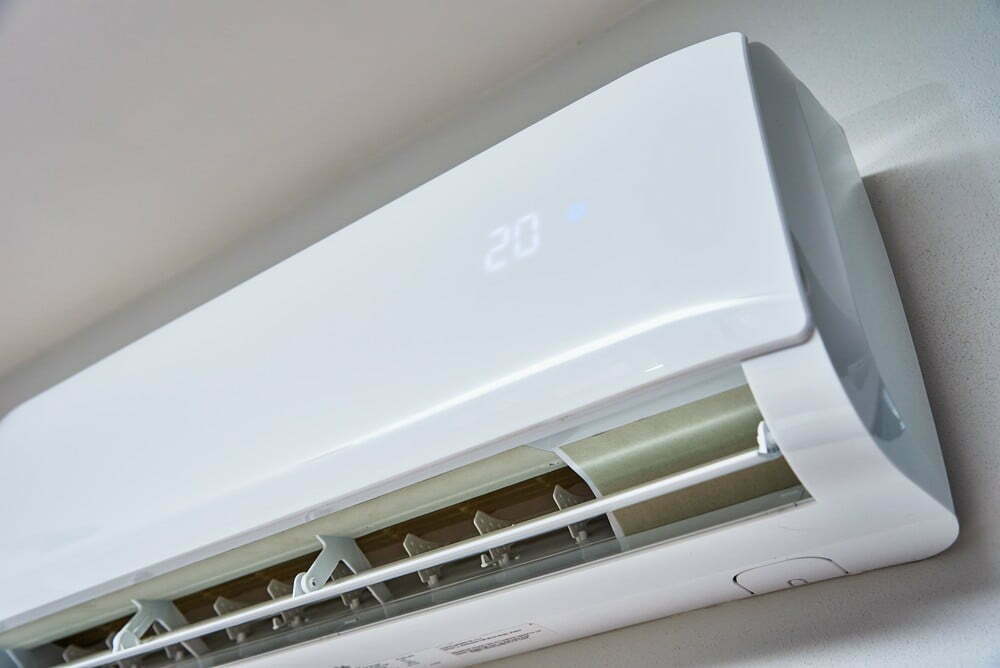

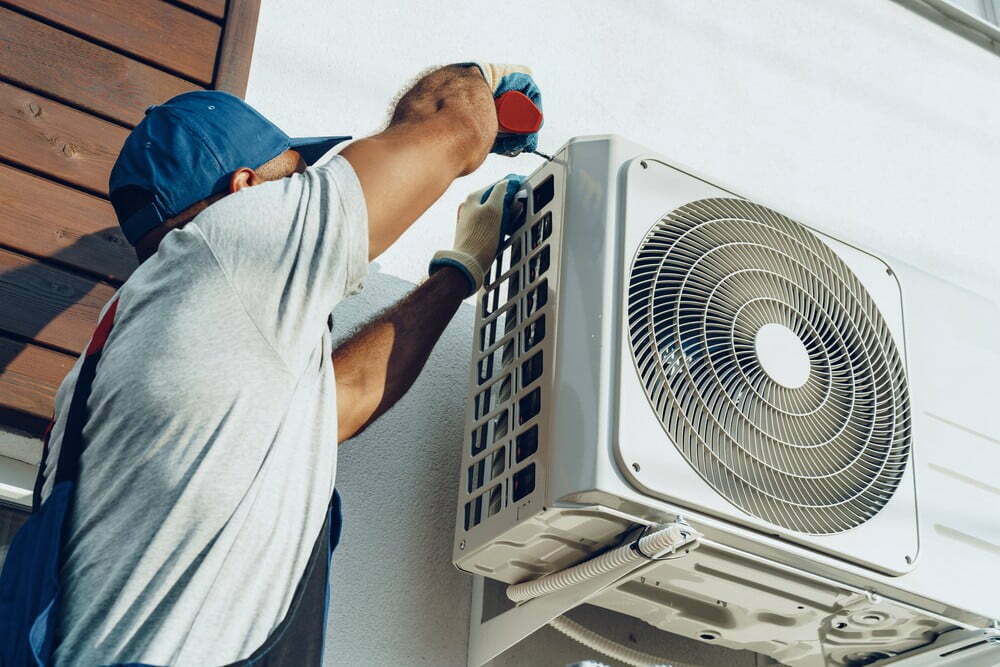

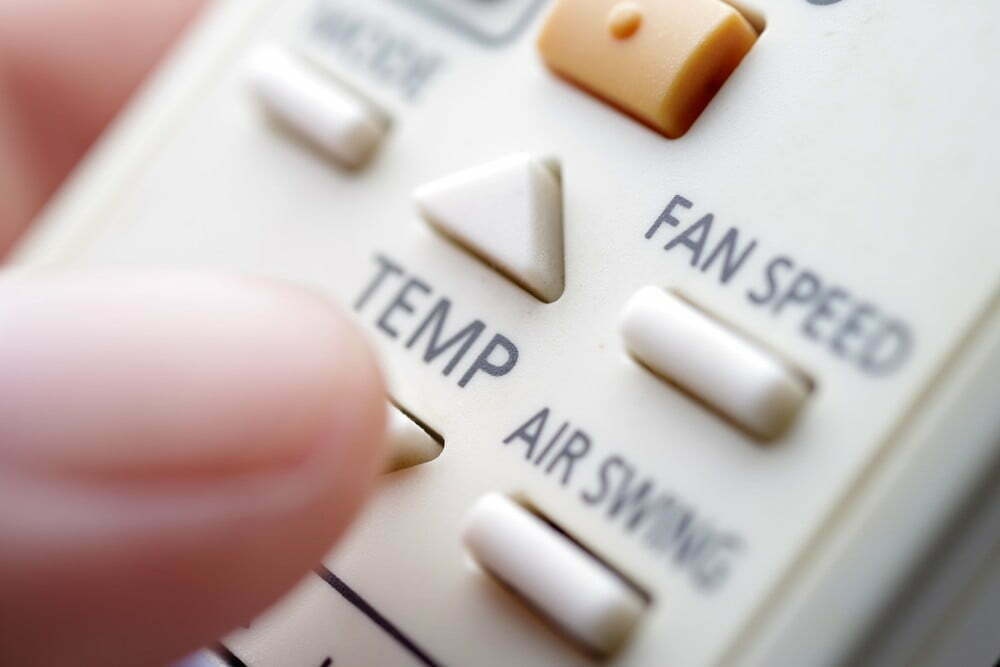
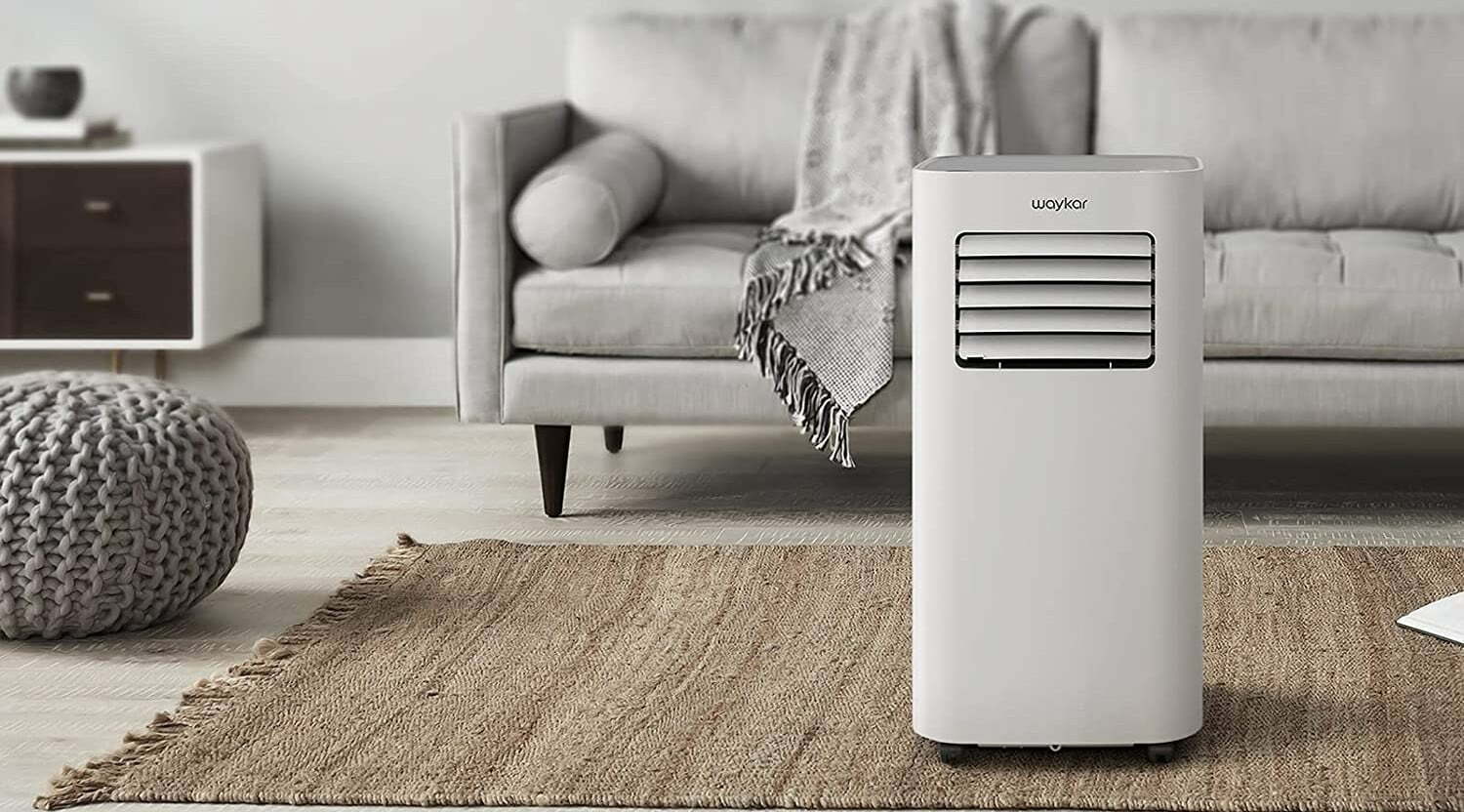
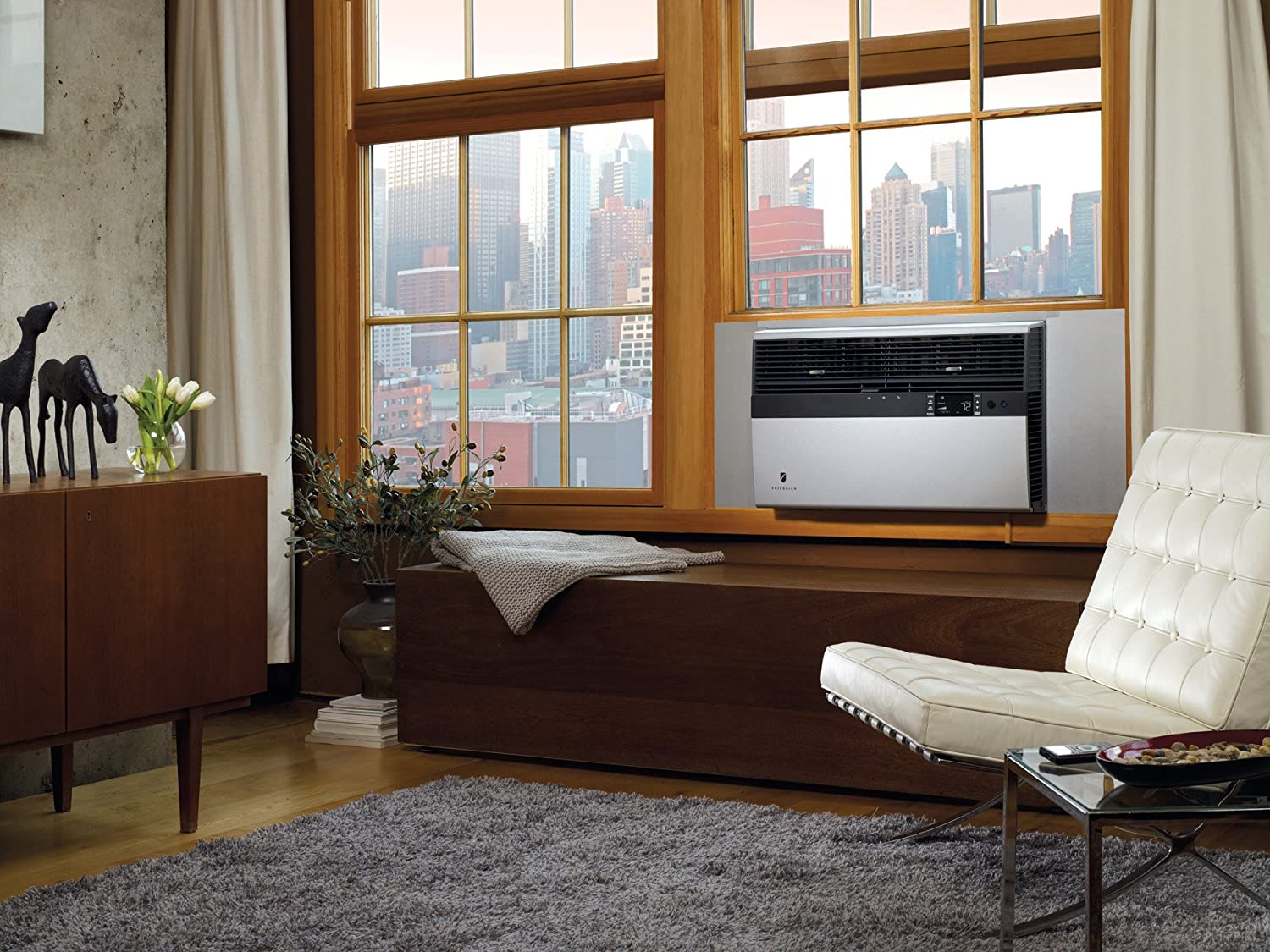

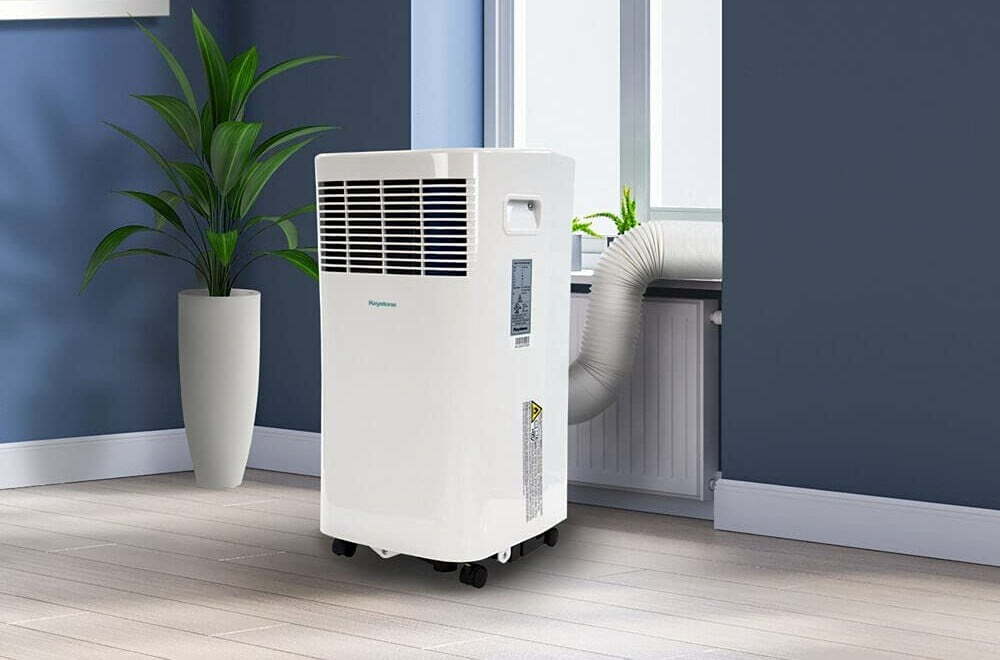
![Best Air Conditioners in [year] ([month] Reviews) 27 Best Air Conditioners in 2025 (December Reviews)](https://www.gadgetreview.dev/wp-content/uploads/best-air-conditioners-image.jpg)
![Quietest Through The Wall Air Conditioners in [year] 28 Quietest Through The Wall Air Conditioners in 2025](https://www.gadgetreview.dev/wp-content/uploads/quietest-through-the-wall-air-conditioner-image.jpg)
![Best 10000 BTU Air Conditioners in [year] 29 Best 10000 BTU Air Conditioners in 2025](https://www.gadgetreview.dev/wp-content/uploads/best-10000-btu-air-conditioner-image.jpg)
![Best 15000 BTU Air Conditioners in [year] 30 Best 15000 BTU Air Conditioners in 2025](https://www.gadgetreview.dev/wp-content/uploads/best-15000-btu-air-conditioner-image.jpg)
![Best 15000 BTU Window Air Conditioners in [year] 31 Best 15000 BTU Window Air Conditioners in 2025](https://www.gadgetreview.dev/wp-content/uploads/best-15000-btu-window-air-conditioner-image.jpg)
![Best 12000 BTU Air Conditioners in [year] 32 Best 12000 BTU Air Conditioners in 2025](https://www.gadgetreview.dev/wp-content/uploads/best-12000-btu-air-conditioner-image.jpg)
![Best Photocatalytic Oxidation Air Purifiers in [year] 33 Best Photocatalytic Oxidation Air Purifiers in 2025](https://www.gadgetreview.dev/wp-content/uploads/best-photocatalytic-oxidation-air-purifier-image.jpg)
![Best Ventless Portable Air Conditioners in [year] 34 Best Ventless Portable Air Conditioners in 2025](https://www.gadgetreview.dev/wp-content/uploads/best-ventless-portable-air-conditioner-image.jpg)
![Best Window Air Conditioners with Heat in [year] 35 Best Window Air Conditioners with Heat in 2025](https://www.gadgetreview.dev/wp-content/uploads/best-window-air-conditioner-with-heat-image.jpg)
![Best Inverter Air Conditioners in [year] 36 Best Inverter Air Conditioners in 2025](https://www.gadgetreview.dev/wp-content/uploads/best-inverter-ac-image.jpg)
![Best HEPA Air Purifiers in [year] 37 Best HEPA Air Purifiers in 2025](https://www.gadgetreview.dev/wp-content/uploads/best-hepa-air-purifier-image.jpg)
![Best Quiet Window Air Conditioners in [year] 38 Best Quiet Window Air Conditioners in 2025](https://www.gadgetreview.dev/wp-content/uploads/quiet-window-air-conditioner-image.jpg)
![Best Energy Efficient Window Air Conditioners in [year] 39 Best Energy Efficient Window Air Conditioners in 2025](https://www.gadgetreview.dev/wp-content/uploads/best-energy-efficient-window-air-conditioner-image.jpg)
![Best Quiet Portable Air Conditioners in [year] 40 Best Quiet Portable Air Conditioners in 2025](https://www.gadgetreview.dev/wp-content/uploads/quiet-portable-air-conditioner-image.jpg)
![Best 6000 BTU Air Conditioners in [year] 41 Best 6000 BTU Air Conditioners in 2025](https://www.gadgetreview.dev/wp-content/uploads/best-6000-btu-air-conditioner-image.jpg)
![Best 8000 BTU Air Conditioners in [year] 42 Best 8000 BTU Air Conditioners in 2025](https://www.gadgetreview.dev/wp-content/uploads/best-8000-btu-air-conditioner-image.jpg)
![Best Small Window Air Conditioner in [year] 43 Best Small Window Air Conditioner in 2025](https://www.gadgetreview.dev/wp-content/uploads/best-small-window-air-conditioner-image.jpg)
![Best 5000 BTU Air Conditioners in [year] 44 Best 5000 BTU Air Conditioners in 2025](https://www.gadgetreview.dev/wp-content/uploads/best-5000-btu-air-conditioner.jpg)
![Best Mini Split in [year] 45 Best Mini Split in 2025](https://www.gadgetreview.dev/wp-content/uploads/best-ductless-mini-split-air-conditioner-image.jpg)
![10 Best Portable Air Conditioners and Heaters in [year] 46 10 Best Portable Air Conditioners and Heaters in 2025](https://www.gadgetreview.dev/wp-content/uploads/best-portable-air-conditioner-and-heater-image.jpg)

